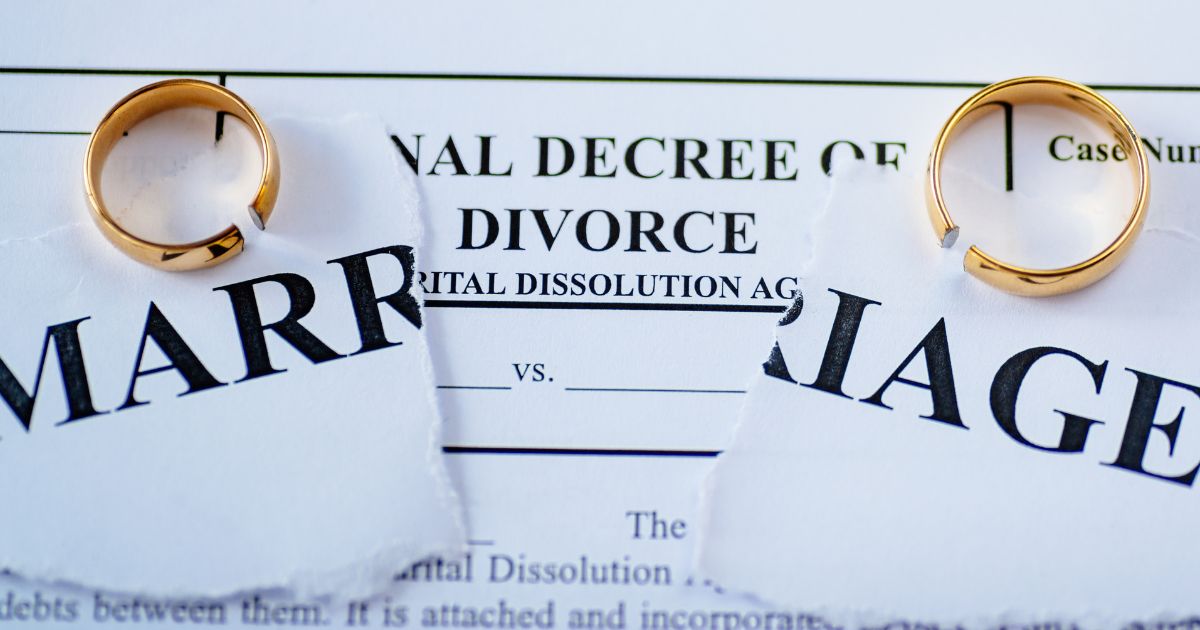
Divorce brings many changes in your life. These changes likely involve your residence, the custody of your children, and your standard of living. Although these are among the biggest transitions you will face, there are more things to consider. One obvious but often overlooked change is that of a person’s legal name. A California divorce lawyer can help you understand how to change your last name and other intricate details after a divorce.
For many people, their name is their identity. The name you go by symbolizes who you are and your history. It may also be connected to the name of your children. Emotions can run high when you realize that you want or need to change your name after a divorce. While culturally, it is women who change their name after marriage, many families decide that the man should take the woman’s last name. Still others decide to hyphenate, as is often the case between gay couples.
Regardless of gender, some people choose to keep their married names, others opt to return to their pre-martial name, and still others choose an entirely new name.
How to Restore Your Pre-Marital Name
While the decision on which name to take after a divorce can be difficult, once you decide to change your name, the process is fairly easy. Though you can change your name at a later date, it is slightly easier to accomplish during the actual divorce process. In fact, it can be handled during the judgment or settlement stage if you let your attorney know before your divorce is officially finalized.
For some people, returning to their surname is the preferred option. In Pasadena, there are two times in which you can do this. You may decide to arrange for the restoration of your surname during the divorce proceedings or after the divorce is finalized. All name changes require that you post your request to do so in the Notices section of your local newspaper for four consecutive weeks.
You can submit a request to reinstate your former name with your Judgment Form. When your divorce is finalized, you will find a decree stating your official name change. It is important to make certified copies of this decree, which usually incurs a nominal fee.
Is There a Time Limit to Change a Name After a Divorce?
There is no time limit after the divorce; you can petition to change your name at any time. Simply request the FL-395 application to restore your former name after an entry of judgment from the county clerk’s office. You will need to give the clerk the date of the divorce filing, the stamped petition, and the case number. This process normally takes two to four weeks.
Can You Get a New Name After a Divorce?
If you decide you don’t want your pre-marital name or your married name after a divorce, the process is a bit different and unconnected to marital dissolution. You will need to file a petition and post a notice in the newspaper. The cost of the change petition is between $435 and $450. You should get a certified copy of the decree for changes to legal documents like Social Security, your driver’s license, and your passport.
What to Do After Changing Your Name
It is crucial to get your new legal documents with your updated name. There are three agencies that you must contact with your new information:
- Social Security Administration. You must fill out an application for a new Social Security Card.
- Department of Motor Vehicles. You need to inform the agency of your new name to facilitate the renewal of your driver’s license and vehicle registration.
- California Department of Public Health. You will be provided with a new birth certificate bearing your new name.
How to Change Your Children’s Names
After a divorce, some parents may petition to have their children’s surnames changed. This can be done by filing a petition with the Superior Court in the area where the child lives. This petition requires:
- The birthplace of the child
- The place where the child currently lives
- The child’s present and potential future name
- The reason for the change
As long as you have the paperwork in order, this process is usually fairly seamless. However, if the other parent opposes the name change, a court hearing will be required before any new legal name changes will be granted.
FAQs
Q: How Much Does It Cost to Change Your Name in California After Divorce?
A: There is a $435-$450 charge to process the paperwork for your name change. If you cannot afford the fee, you can ask the court for a waiver. In addition, you may want to spend $40 for a certified copy of the name change to update your social security card and your driver’s license.
Q: Can You Change Your Name to Something Different After a Divorce?
A: After a divorce, you may only restore your prior name unless you file a name change petition in court. If you opt to transition to a name other than your maiden or pre-marital name, this process is not tied to your divorce. The fee is still about $435- $450. In addition, the court will require you to post your name change request in the Notices section of the newspaper for four consecutive weeks.
Q: What Is a Decree of Name Change in California?
A: This is the official document for your name change. The court clerk will need to certify this decree so that you may use it to change legal documents. You can use the Decree of Name Change to update your Social Security card, driver’s license, and passport. Updating these records is vital to ensure that you do not face any difficulty when using them.
Q: What Documents Are Needed to Change My Name?
A: After your divorce, you must fill out the Ex Parte Application for Restoration of Former Name After Entry of Judgment and Order if you want to return to your former name. After filling it out, you will file it with the same court where your divorce was filed. This process may take two to three months until the Decree of Name Change is official.
Contact the Law Offices of Patricia A. Rigdon
Divorce proceedings can be overwhelming. The multi-faceted nature of divorce requires that you take care of all the main issues without overlooking the details. Enlist the services of an experienced California family lawyer to guide you through the process. Contact the Law Offices of Patricia A. Rigdon for compassionate, skilled representation.


